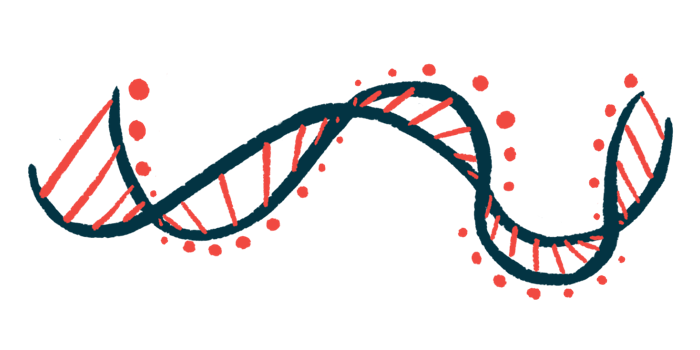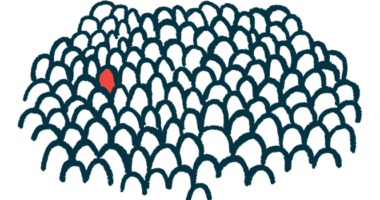Complement Gene Variants Uncommon in Children With aHUS, CFH Autoantibodies
'Significant variants in complement regulatory genes' rare, researchers showed

Disease-causing variants in complement genes appear to be uncommon in children with atypical hemolytic uremic syndrome (aHUS) caused by autoantibodies against complement factor H (CFH), an Indian study found.
The study, “Variants in complement genes are uncommon in patients with anti-factor H autoantibody-associated atypical hemolytic uremic syndrome,” was published in Pediatric Nephrology.
aHUS occurs when the complement system becomes overly active and causes blood clots to form inside small blood vessels, particularly in the kidneys.
The complement system is a part of the immune system that helps the body fight off infections by getting rid of foreign invaders and unwanted debris.
Its activity is tightly controlled by a series of regulatory proteins. One of them, CFH, safeguards healthy tissues by stopping the complement system from being activated (switched on) when it’s not needed. But sometimes autoantibodies are made against CFH, preventing it from working properly and resulting in the complement system becoming overactive.
Many people with aHUS carry variants in genes that provide instructions for making complement system proteins. While these variants increase the risk of developing aHUS, they’re often not sufficient to cause the disease.
Researchers in India screened a nationwide database that includes information from 436 people with aHUS to learn how common these variants are in children whose aHUS is caused by anti-CFH autoantibodies.
From the database, they selected 77 patients under age 18. They included 21 who had a relapsing disease course, meaning their aHUS symptoms sometimes returned after having improved, and nine who had kidney failure and/or died.
The levels of anti-CFH autoantibodies were high. The median level was 5,670 arbitrary units (AU) per milliliter of blood, and ranged from 2,177 to 13,545 AU/mL.
Targeted sequencing, a method for analyzing DNA that lets scientists detect known or new variants in selected sets of genes, was run in a set of 27 complement genes.
Gene variants were identified in seven (6.5%) patients. Most were of unknown significance, meaning their impact was unclear. Only one variant (c.148G>C) in the CFI gene, which provides instructions for making a protein called complement factor I, was known to cause disease. Like CFH, this protein helps switch off the complement system when it’s not needed.
Most patients (91.6%) had a deletion of both copies of the CFHR1 gene, which codes for a member of the complement factor H family of proteins. In a group of 184 healthy controls, this number was almost 10 times lower (9.8%).
Plasma exchange and immunosuppressants tended to lower the risk of kidney failure or death by about 68%, regardless of the presence of genetic variants. Plasma exchange is a procedure that helps eliminate autoantibodies in the bloodstream and immunosuppressants are a type of medication that work by keeping the immune system in check.
Researchers also combined data from 18 studies and 384 patients to show that disease-causing variants were present in about 3% of cases. Of 37 gene variants, seven (18.9%) were disease-causing and seven (18.9%) were likely disease-causing. The remaining 23 (62.2%) were considered variants of unknown significance.
In people with aHUS caused by anti-CFH autoantibodies, “significant variants in complement regulatory genes are rare,” the researchers wrote.







